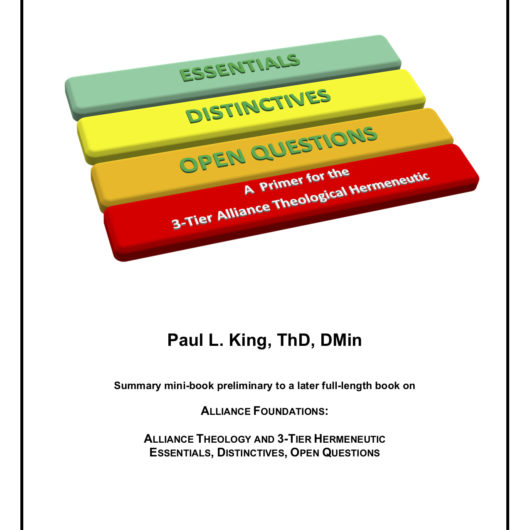“Peace on earth, good will to men,” is the theme of the season. It is better translated as “Peace on earth to men of good will.” Finding and being people of good will in the midst of the chaos, fear, anger, and polarization of our times is sometimes difficult. Being a peacemaker is tough work—the tough work of reconciliation.
While becoming certified as a Conflict Coach and soon after being certified as a Peace Making Mediator, I went through three major conflicts. I (and others) began to question my own fitness to be a conflict coach or mediator. However, our trainers had admitted to us that they were going through conflicts of their own and that being trained does not make us immune to conflict. They remarked that it is not uncommon for us to go through conflict and to expect it.
These conflicts were tests to put into practice what I learned. One of the first things we learn in conflict coaching and mediating is to deal with our own stuff first—take the log out of our own eyes.
Why do you look at the speck that is in your brother’s eye, but do not notice the log that is in your own eye? Or how can you say to your brother, ‘Let me take the speck out of your eye,’ and look, the log is in your own eye? You hypocrite, first take the log out of your own eye, and then you will see clearly to take the speck out of your brother’s eye! (Matthew 7:3-5)
No matter how wrong the other person is, the reconciliation process begins with acknowledging our part, no matter how small we think it is. We pray, “Search me, God, and know my heart; put me to the test and know my anxious thoughts; and see if there is any hurtful way in me, and lead me in the everlasting way” (Psalm 139:23-24).
In each of the conflicts, as I prayed this Scripture, I came up with a list of 9-10 logs in my own eyes! I confided with one of my mentors that I did not know if I was qualified to do ministry. He assured me that I had done well and that it should not impede me.
One of my struggles and regrets was that I was not able to complete the reconciliation process as we had been trained. Full reconciliation, I learned in the training, often takes 3-6 months, and I did not have the opportunity to go through that arduous process.
In each of the conflicts, we had enough reconciliation that we forgave each other and could talk with each other in a friendly manner and affirm the good in each other without tension, without ignoring each other, without feeling uncomfortable around each other. Although the tension was gone and we could genuinely say that we loved each other in the Lord, the closeness was still not there. Trust had been broken, and even though the pain of woundedness had lessened, it had not gone away completely. The brokenness between us had been mended, but healed only partially.
Full reconciliation is not a “one and done.” Full reconciliation takes time and work.
At this season, God says to us, “If possible, so far as it depends on you, be at peace with all people” (Romans 12:18). What can you do to foster peace? What logs are God revealing in your own eyes?



Leave a Reply